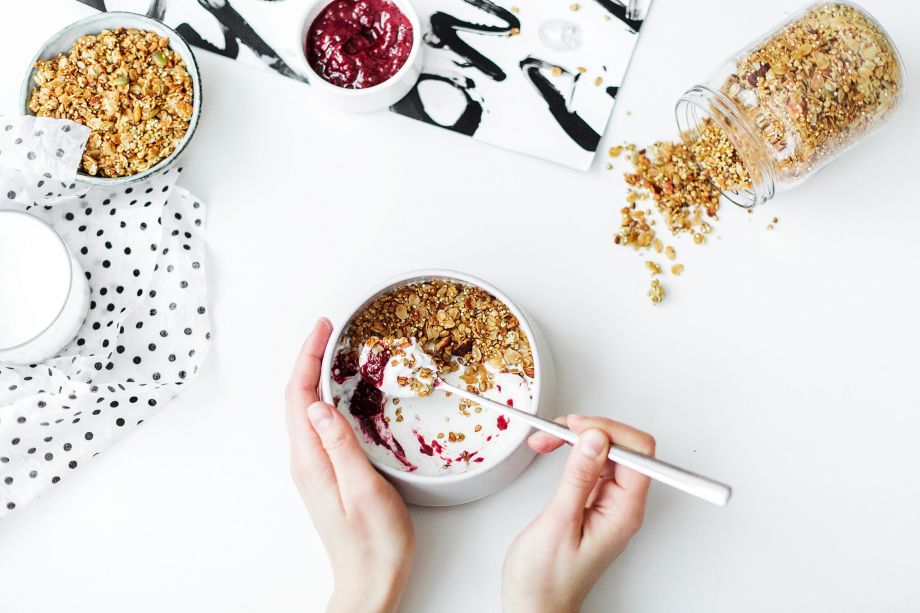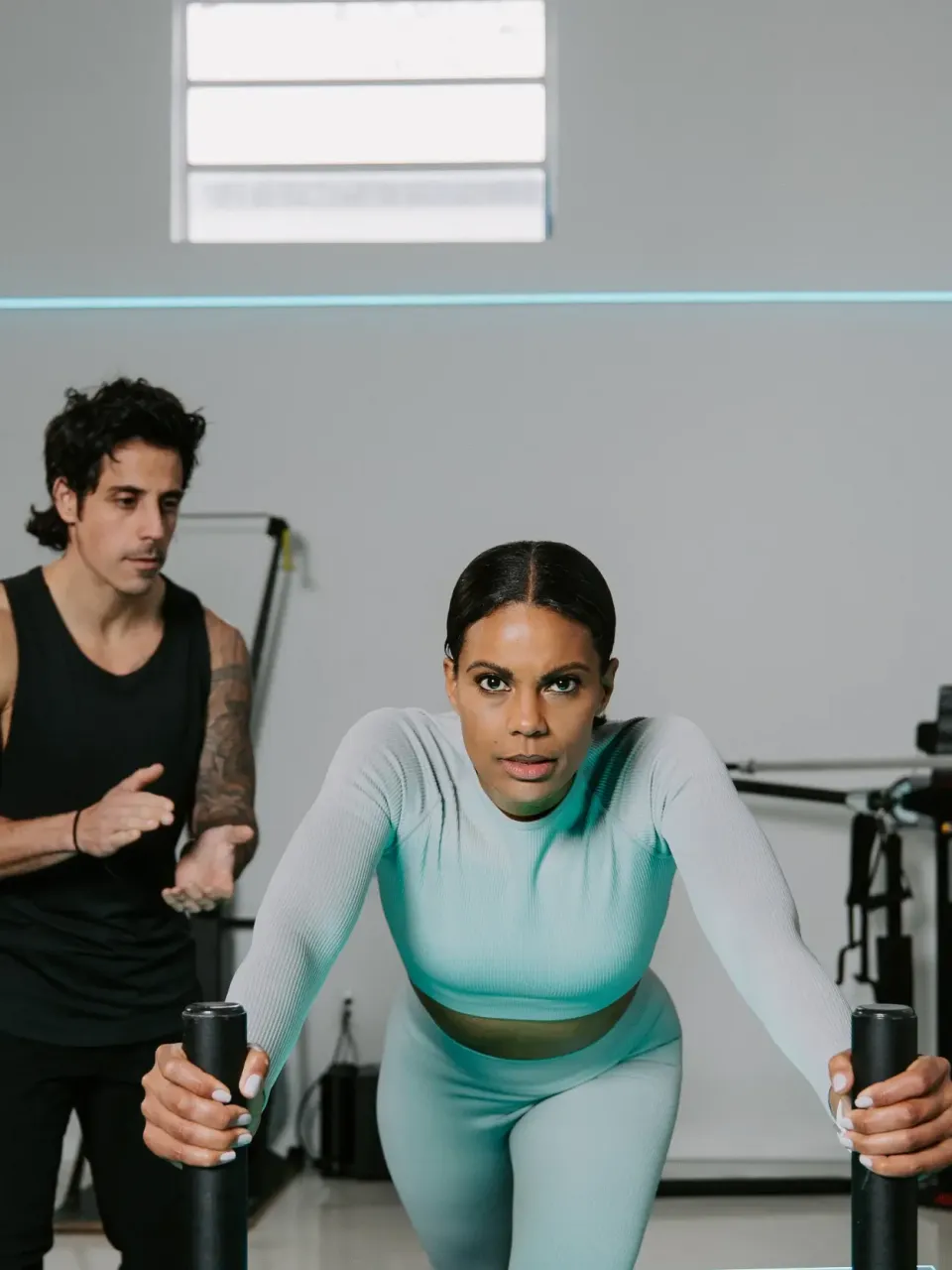Should You Be Taking Probiotics?

Probiotics are just about everywhere we look these days, and they’ve been prescribed to treat everything from irritable bowel syndrome to arthritis to skin issues. So it’s no wonder that we’re asking ourselves whether or not we too should start taking a form of daily probiotic supplement or if there something else that we can be doing to improve our gut health. The fitness experts at Driven + Sponaugle Wellness Studio take a closer look…
What Are Probiotics?
We have trillions of microorganisms that live inside us, mostly in our large intestine. Most of them are bacteria. Probiotics are specific live bacteria (and yeasts) in foods that have been shown to contribute positively to overall health, especially for your digestive system.
Probiotics are frequently called “good” or “helpful” bacteria because they help keep your gut healthy. When the balance of these bacteria is off, or these microorganisms aren’t thriving, you may experience stomach discomfort. You could also have other health problems such as skin issues, inflammation, or even certain mental health conditions.
Probiotics: How Much is Too Much
Here’s the thing: even though probiotics are good for our gut, sometimes too much of a good thing can actually be a bad thing. If you take too many probiotics, you could experience side effects. These may include a temporary increase in gas and bloating, constipation, and even increased thirst.
Your problem may not be that you’re missing probiotics in your life, it’s that those healthy microbes in your gut aren’t thriving. In this case, prebiotics and fiber would be better suited to your body. People commonly skip these options and immediately start grabbing probiotics.
Alternatives to Probiotics
Prebiotics -unlike probiotics-are not bacterial microorganisms; they are the portions of our food that we don’t digest in the standard sense. Prebiotics are fuel for the microbes inside of us. Being proactive may be what’s needed to kickstart gut function and help you feel relief from stomach discomfort. The good stuff in probiotics won’t be as effective in our bodies without the good stuff from prebiotics! Test what works for you and adjust as you see fit.
Now you’re probably wondering how to find prebiotics? It’s easy. Just look for foods that are high in fiber such as colorful fruits (berries especially) and veggies, lentils, onions, garlic, flaxseeds, and asparagus. Low fiber diets=low prebiotics. In the United States, the average adult only gets about half of the recommended fiber intake. According to the Dietary Guidelines for Americans 2015 – 2020, men should consume about 38 grams of fiber per day and women about 25 grams.
What’s Next?
Although the jury is still out as to whether or not probiotics should be a necessary part of our wellness routine. If you’re experiencing stomach discomfort, bloating, or other gut issues, try prebiotics first and then look into probiotic supplements and drinks.
Diet and exercise work together. Driven Fit + Sponaugle Wellness can help! For information on our South Tampa wellness center or to meet one of our health & fitness experts, please give us a call at (813) 440-3016.









